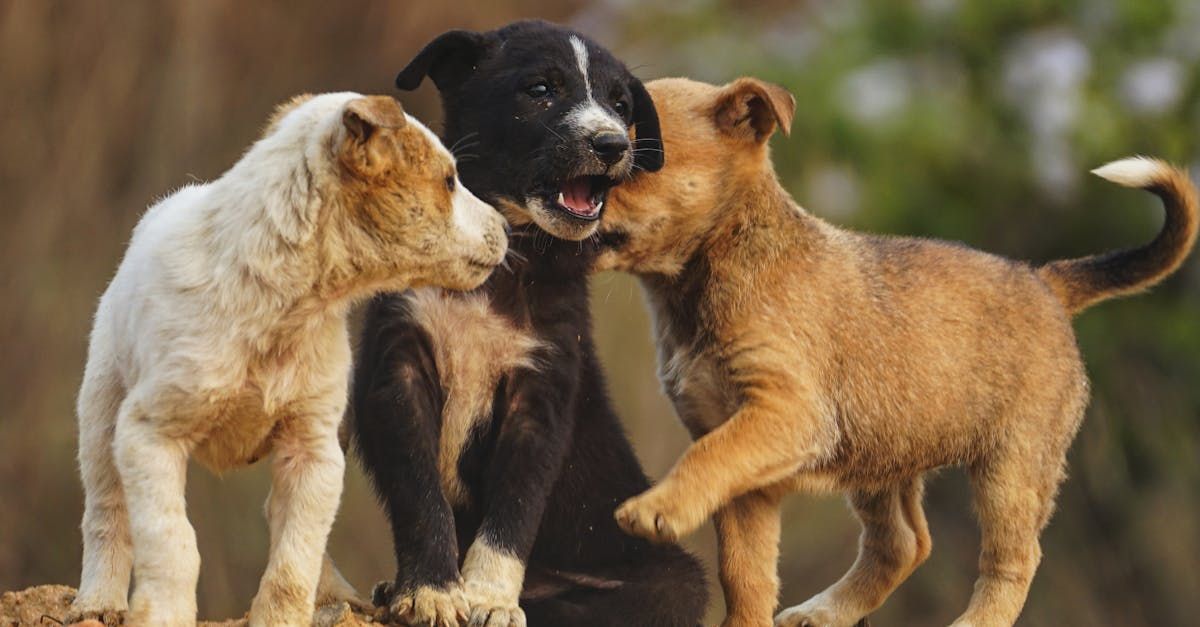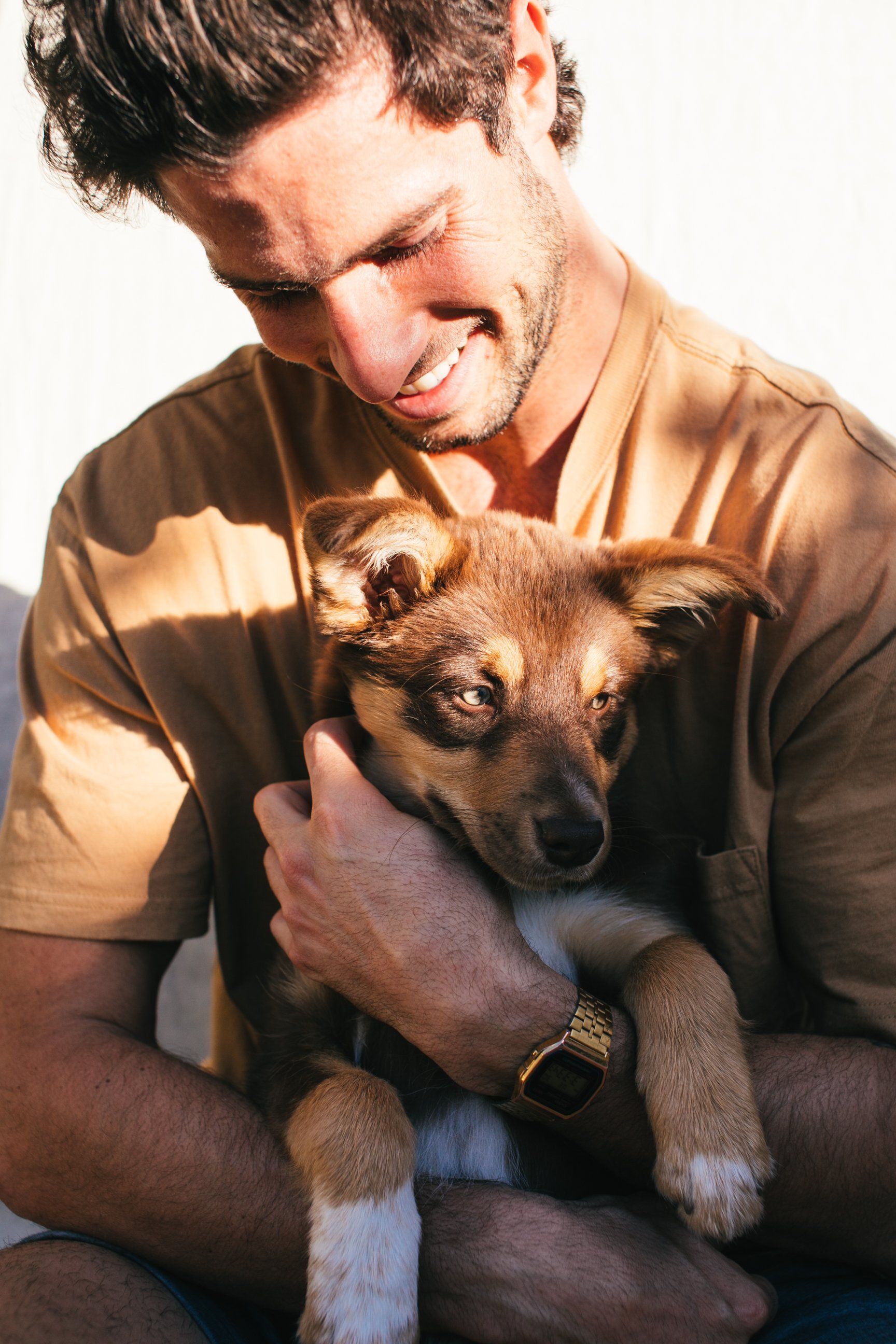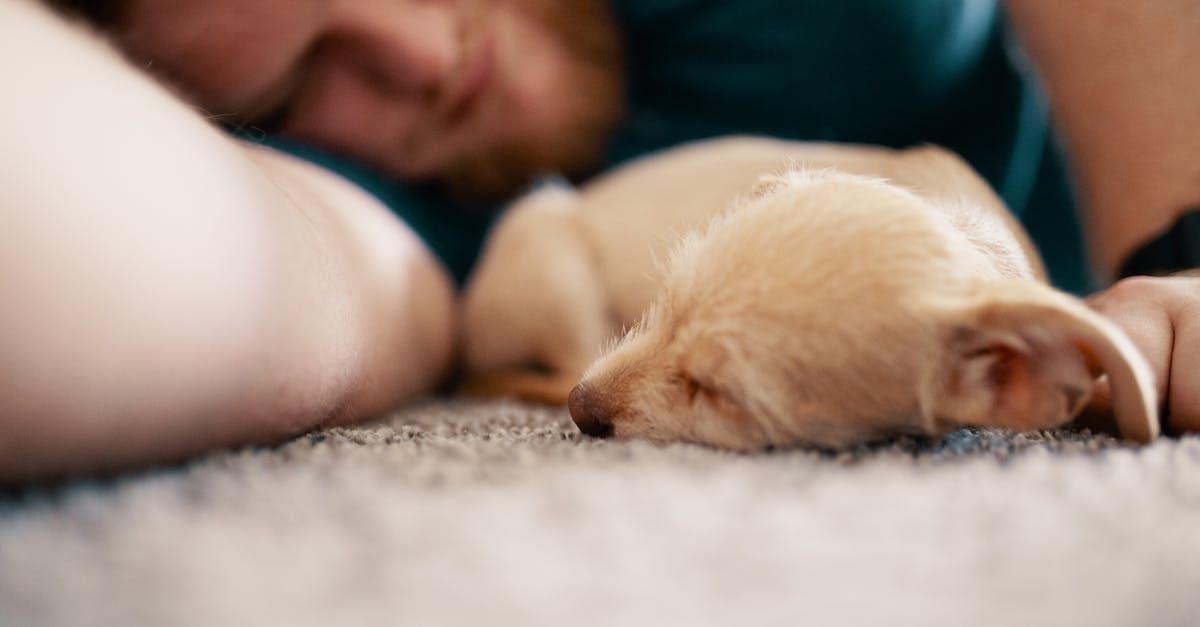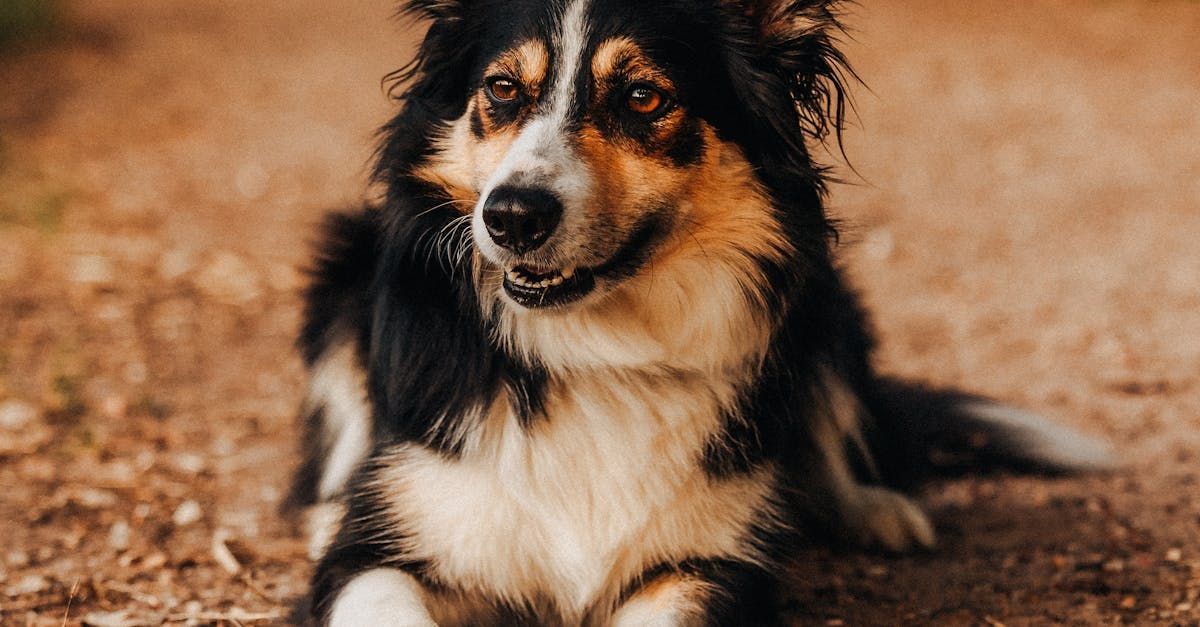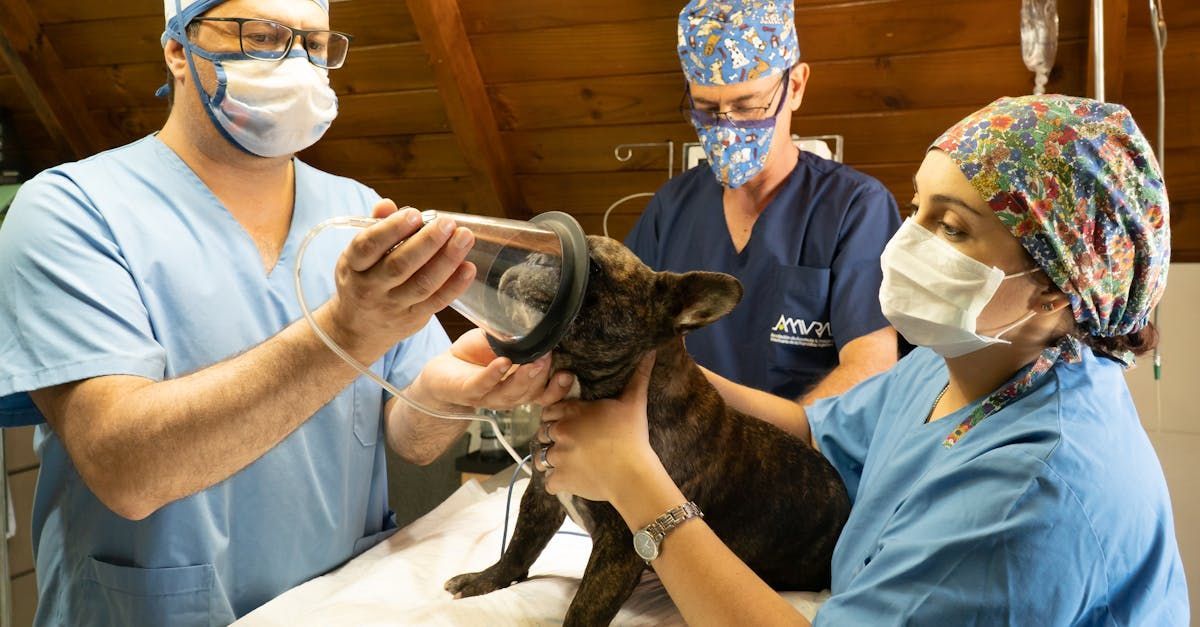Understanding Canine Leptospirosis
Canine leptospirosis, often referred to as "canine lepto,"
Canine leptospirosis, often referred to as "canine lepto," is a bacterial infection caused by various strains of the Leptospira bacteria. This potentially serious disease can affect dogs of all ages and sizes. In this blog post, we will delve into what canine leptospirosis is, the different types of the disease, its effects on dogs and puppies, how it can be contracted, signs of infection, what to do if your pet is infected, the importance of vaccination, the vaccination schedule, and how long it takes for your dog or puppy to become fully immune. Understanding these aspects is crucial for safeguarding your furry friend's well-being.
What is Canine Leptospirosis?
Canine leptospirosis is a bacterial infection caused by various serovars (types) of the Leptospira bacteria. These bacteria are typically found in the urine of infected animals and can survive in water and soil for extended periods. Dogs can become infected through contact with contaminated water, soil, or infected animals, making leptospirosis a zoonotic disease that can also affect humans.
Different Types of Canine Leptospirosis:
There are several types of Leptospira bacteria that can cause leptospirosis in dogs. The most common types that affect dogs include Leptospira canicola and Leptospira icterohaemorrhagiae. Each type may present with varying symptoms and severity of illness in infected dogs.
Effects of Canine Leptospirosis on Dogs and Puppies:
Canine leptospirosis can lead to a range of symptoms in infected dogs, including fever, lethargy, muscle pain, vomiting, diarrhea, jaundice, and kidney or liver failure. Puppies, elderly dogs, and immunocompromised pets are at higher risk of developing severe illness from leptospirosis. In severe cases, the disease can be life-threatening if not promptly diagnosed and treated.
How Can Canine Leptospirosis be Contracted?
Dogs can contract leptospirosis through direct or indirect contact with the urine of infected animals, contaminated water sources, or soil. Leptospira bacteria can enter the body through mucous membranes, skin abrasions, or ingestion of contaminated food or water. Dogs that frequent areas with standing water, such as ponds, lakes, or wetlands, are at higher risk of exposure to the bacteria.
Signs of Infection in Dogs and Puppies:
Recognizing the signs of leptospirosis infection in your dog or puppy is crucial for early detection and treatment. Common signs of infection include fever, lethargy, decreased appetite, vomiting, diarrhea, jaundice (yellowing of the skin and eyes), muscle pain, and increased thirst and urination. If you notice these symptoms in your pet, seek veterinary care immediately for proper diagnosis and treatment.
What to Do if Your Dog or Puppy is Infected:
If your dog or puppy is diagnosed with leptospirosis, your veterinarian will recommend appropriate treatment based on the severity of the infection. Treatment may include antibiotics, supportive care, fluid therapy, and monitoring of kidney and liver function. In severe cases, hospitalization may be necessary to provide intensive care.
The Importance of Vaccination:
Vaccination is the most effective way to prevent canine leptospirosis and protect your pet from this potentially deadly disease. Puppies should receive a series of vaccinations starting at 8-12 weeks of age, with booster shots given every 2-4 weeks until they are 16 weeks old. Adult dogs should receive annual booster vaccinations to maintain immunity.
Vaccination Schedule:
The typical vaccination schedule for canine leptospirosis involves initial vaccinations starting at 8-12 weeks of age, with booster shots given every 2-4 weeks until the puppy is 16 weeks old. Adult dogs should receive annual booster vaccinations as recommended by their veterinarian to ensure ongoing protection against leptospirosis.
How Long Does it Take for Your Dog or Puppy to Become Fully Immune?
After receiving a leptospirosis vaccination, it typically takes about 7-10 days for a dog or puppy to develop immunity. However, full protection may not be achieved until the entire vaccination series is completed. Following your veterinarian's recommended vaccination schedule is essential to ensure that your pet is fully immune to leptospirosis and protected from this bacterial infection.
Conclusion:
Canine leptospirosis is a serious bacterial infection that can pose a risk to the health of dogs and puppies. By understanding the signs of infection, seeking prompt veterinary care, and ensuring that your pet is up-to-date on vaccinations, you can help protect them from this potentially life-threatening disease. Vaccination is key to preventing leptospirosis and safeguarding your pet's health. Remember, a healthy pet is a happy pet!



